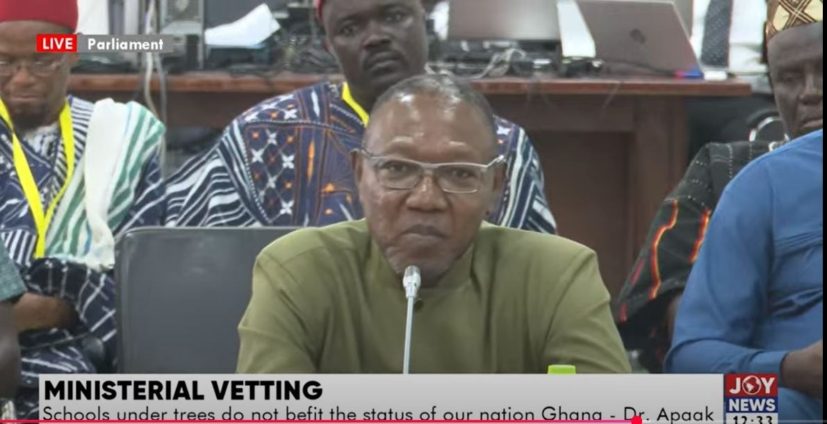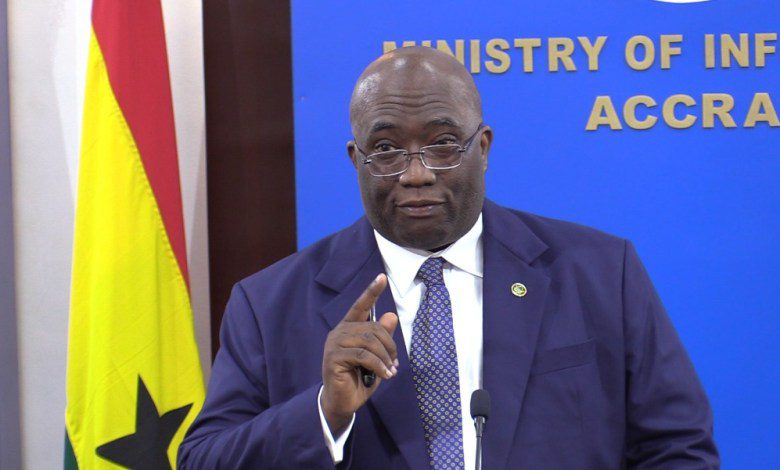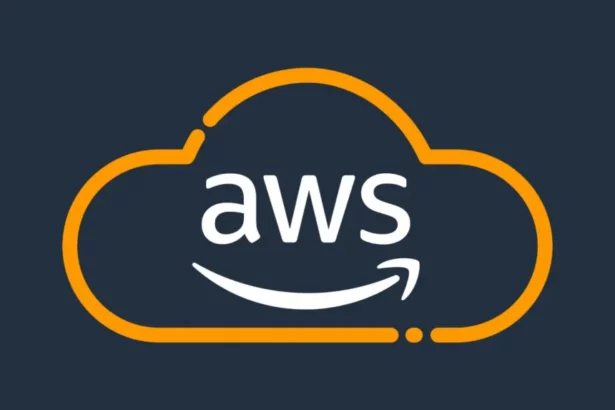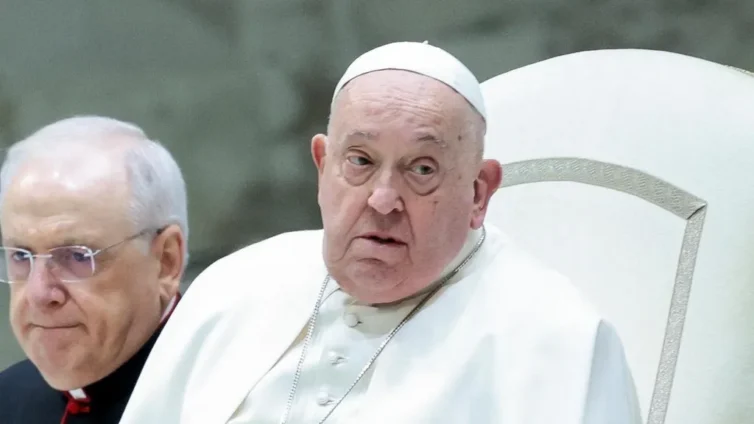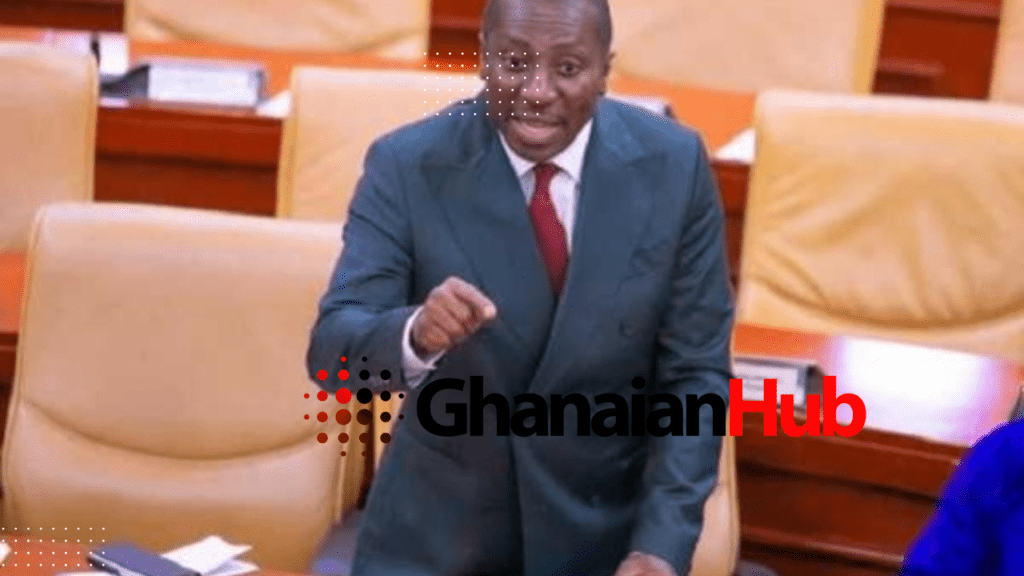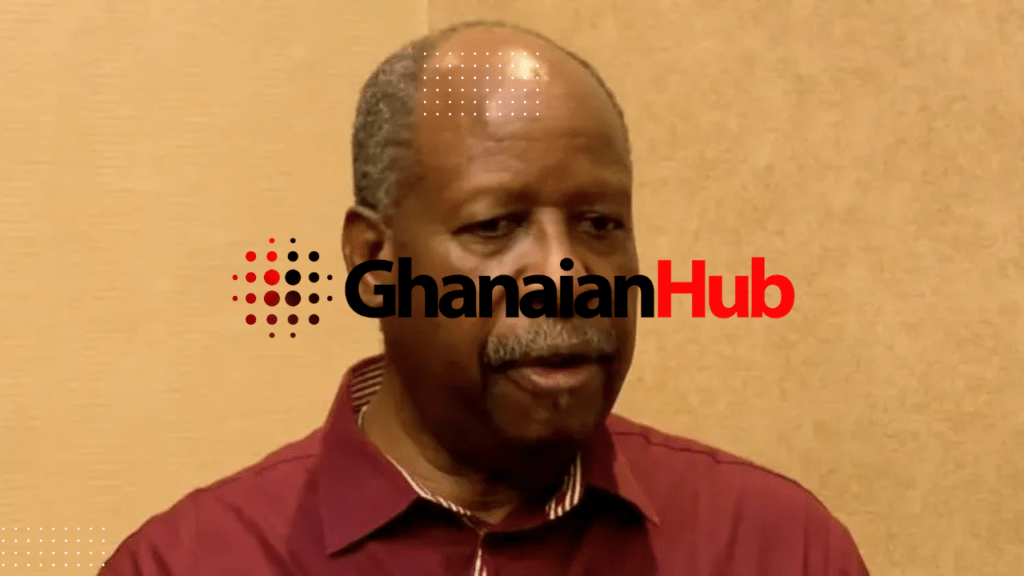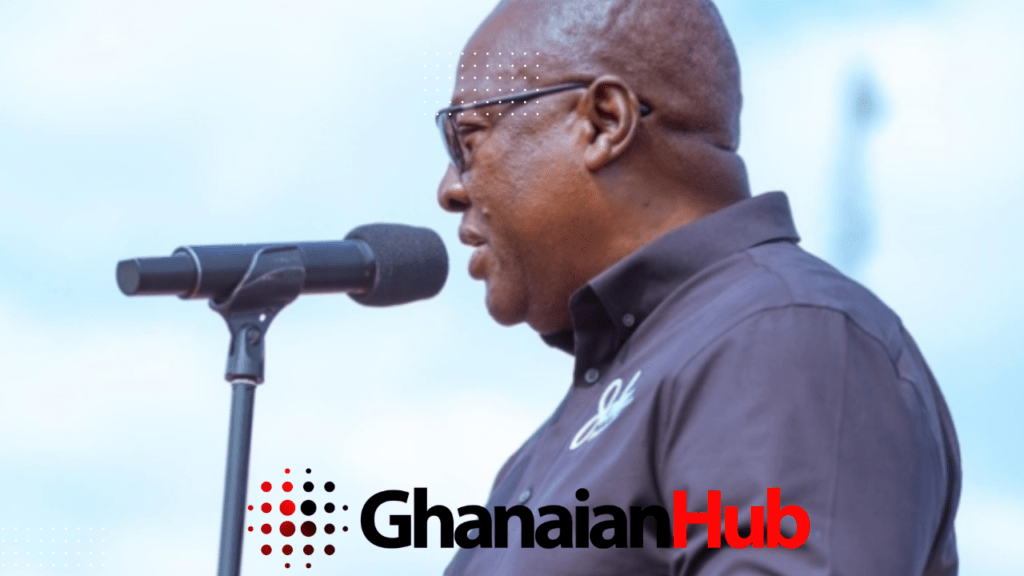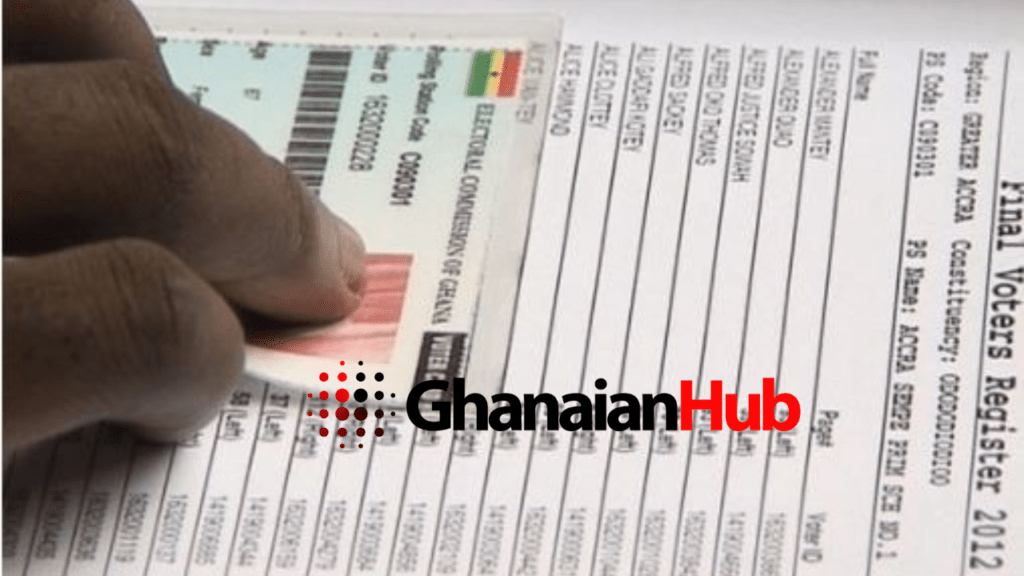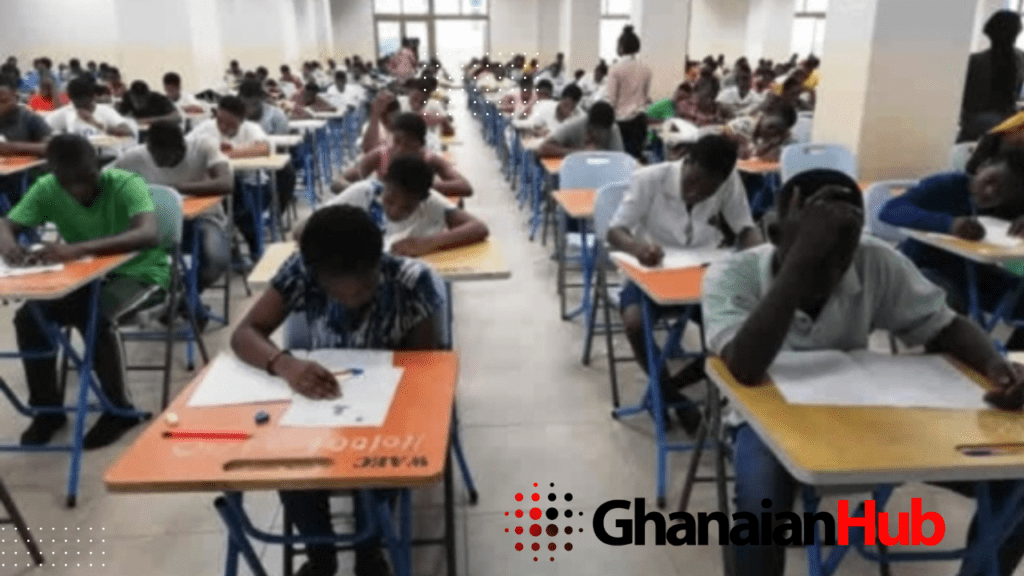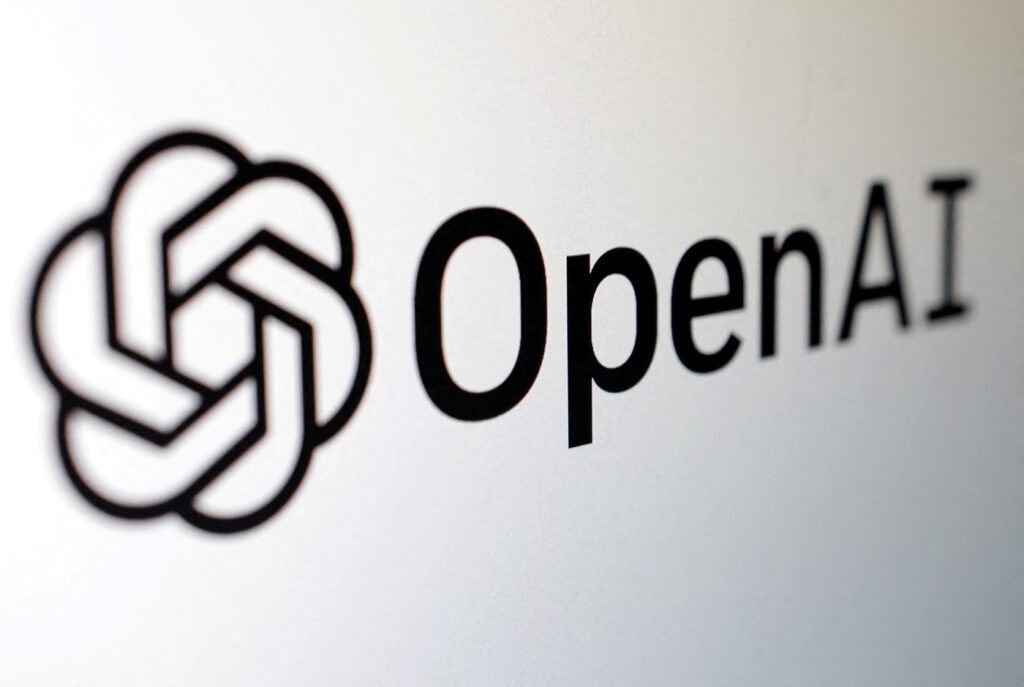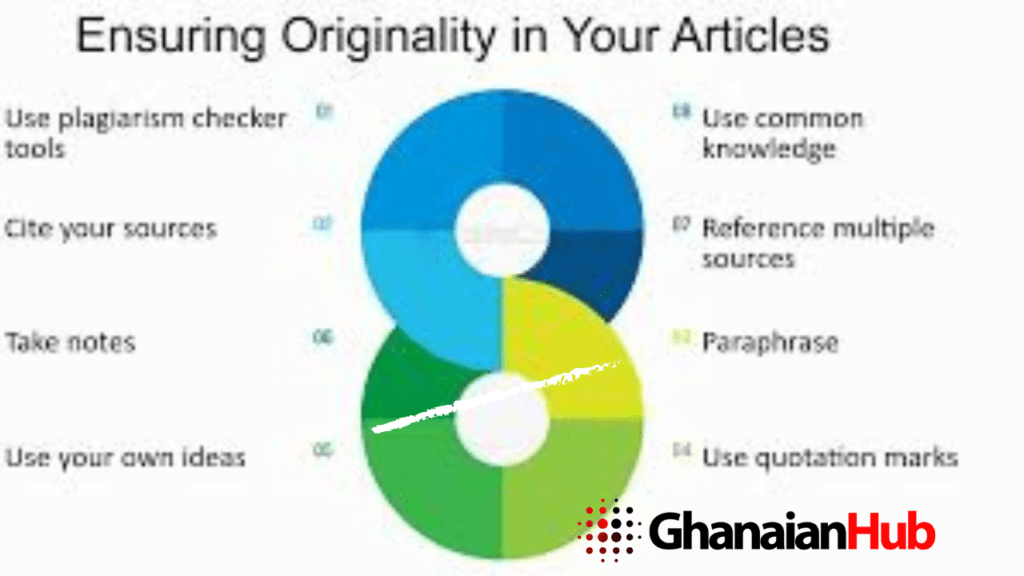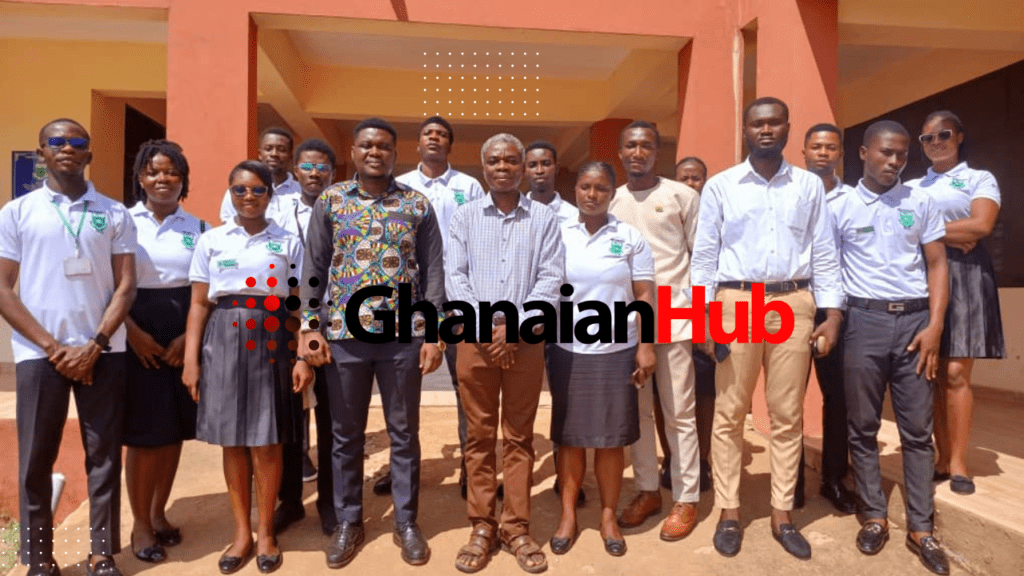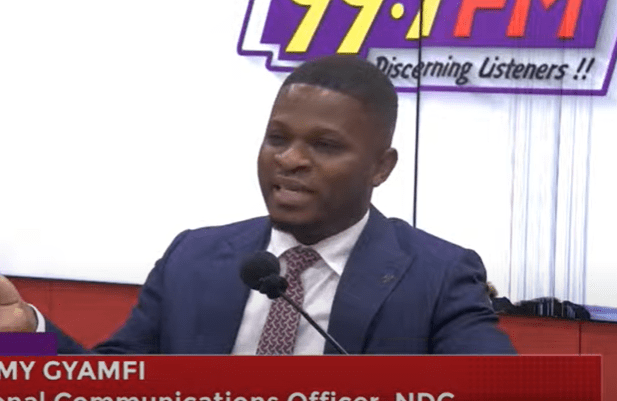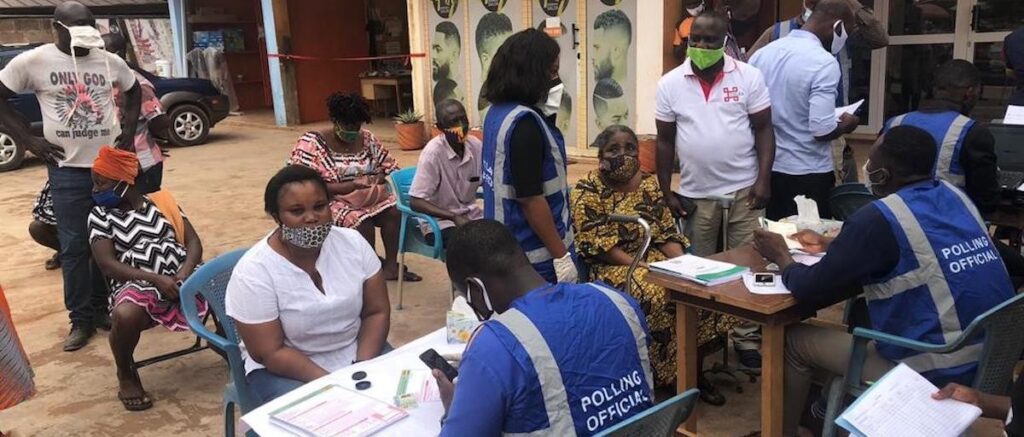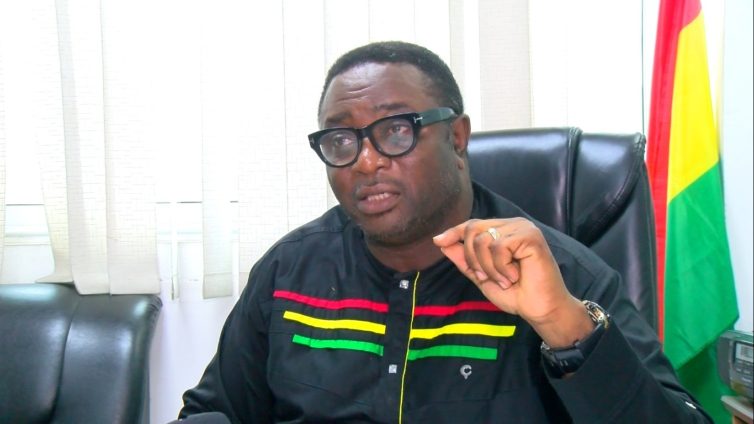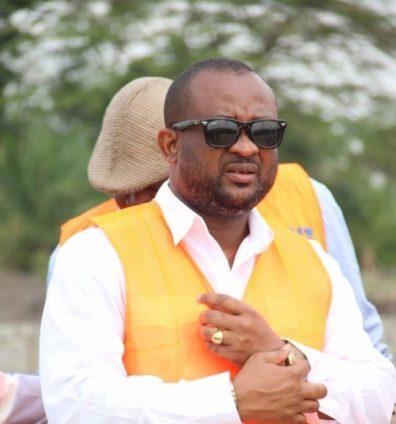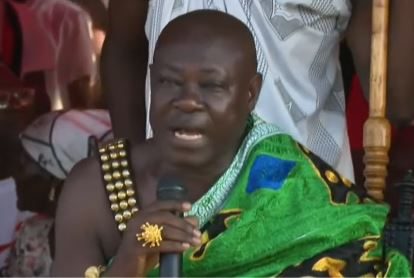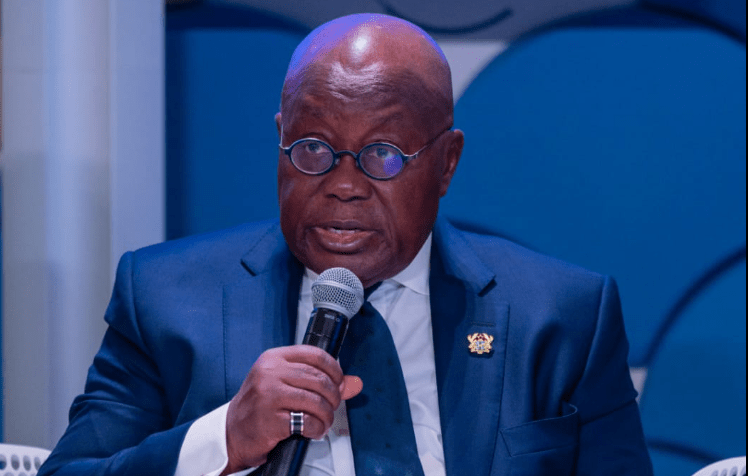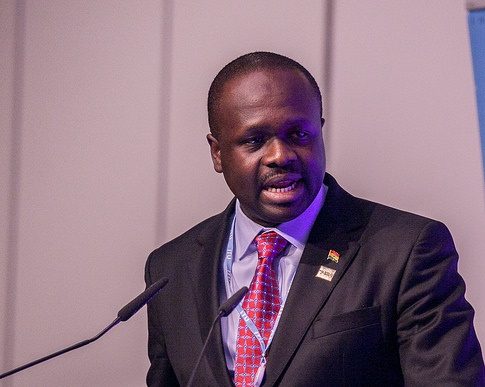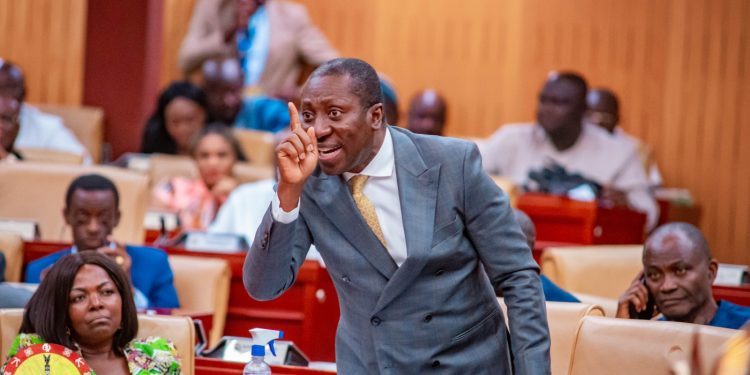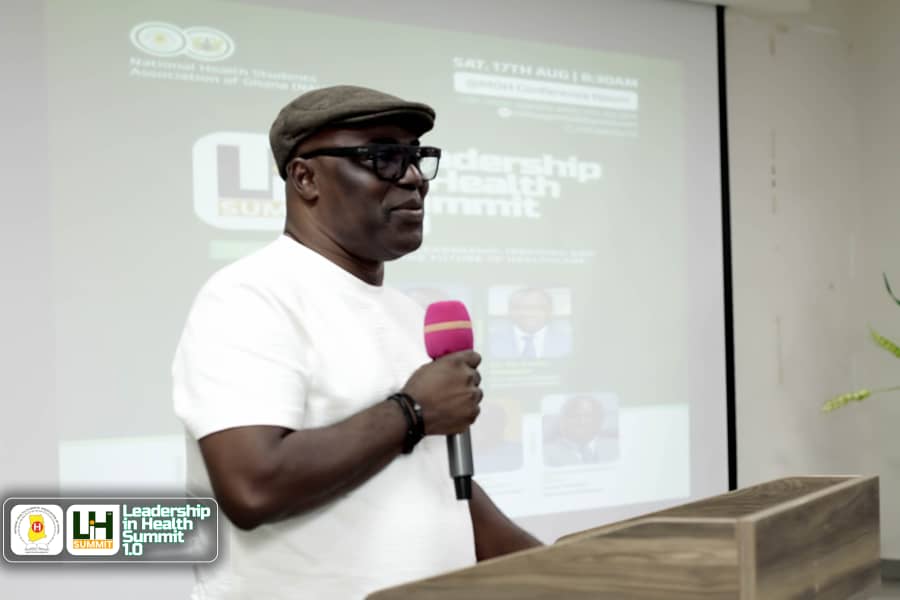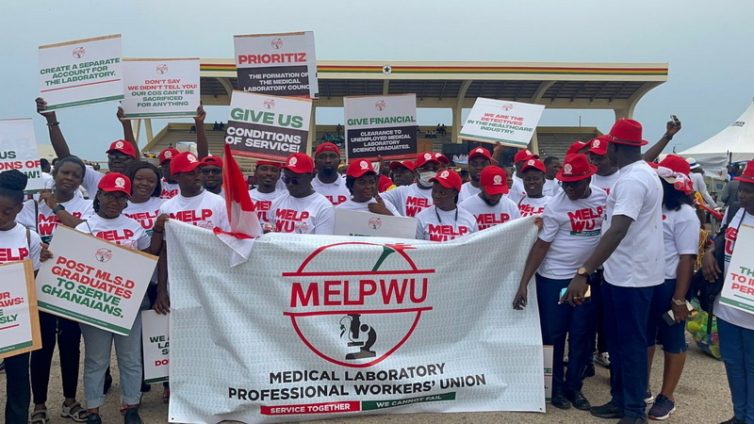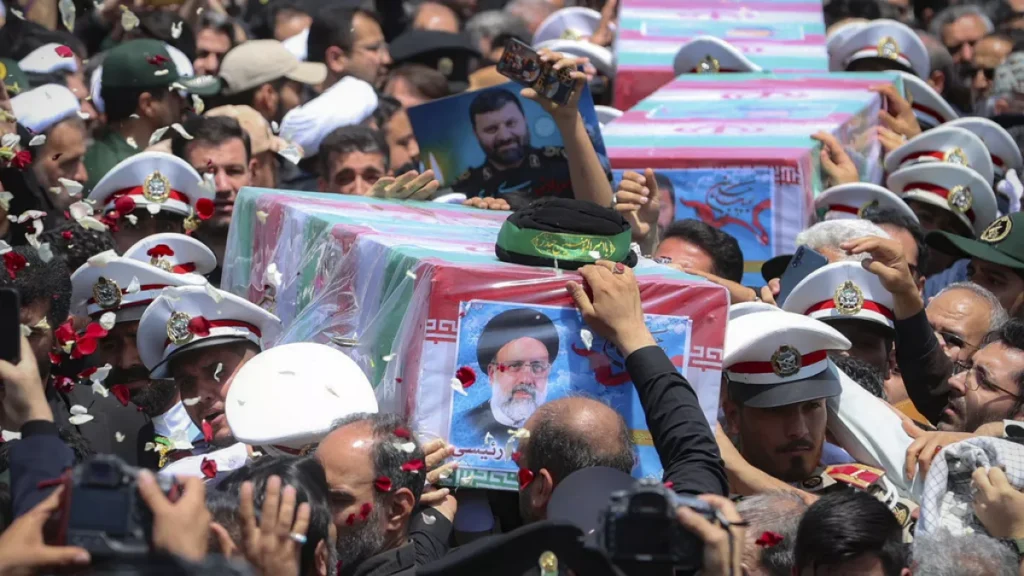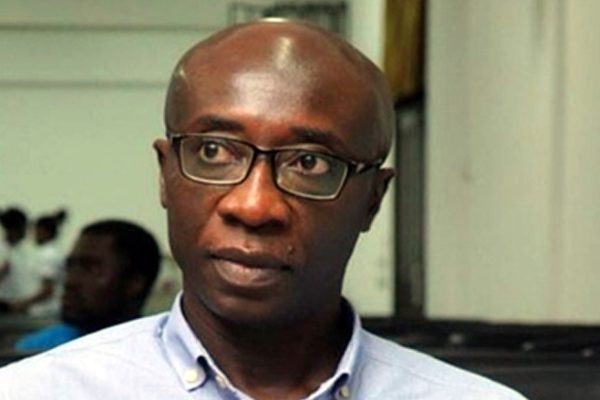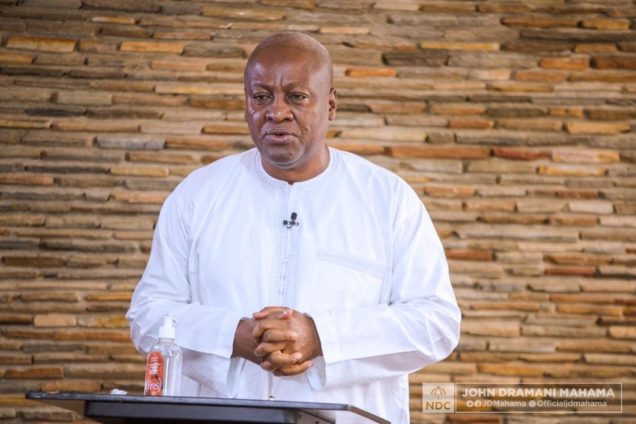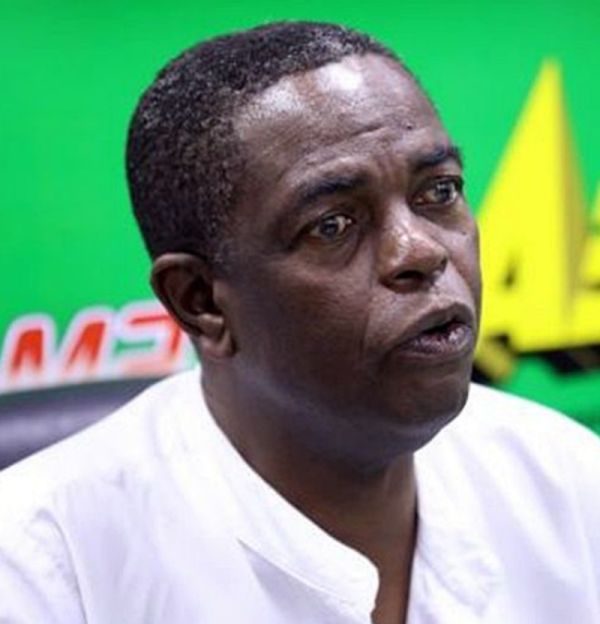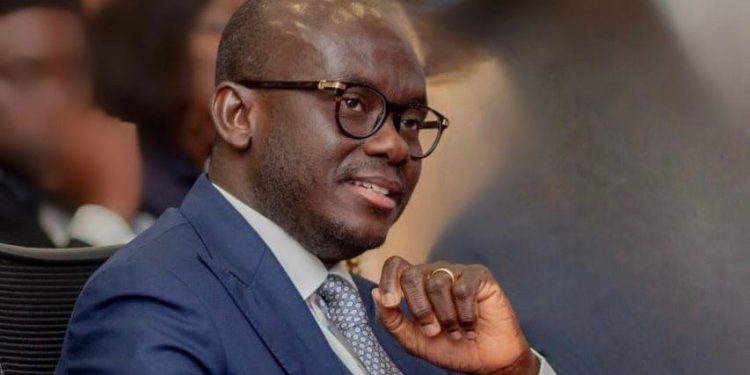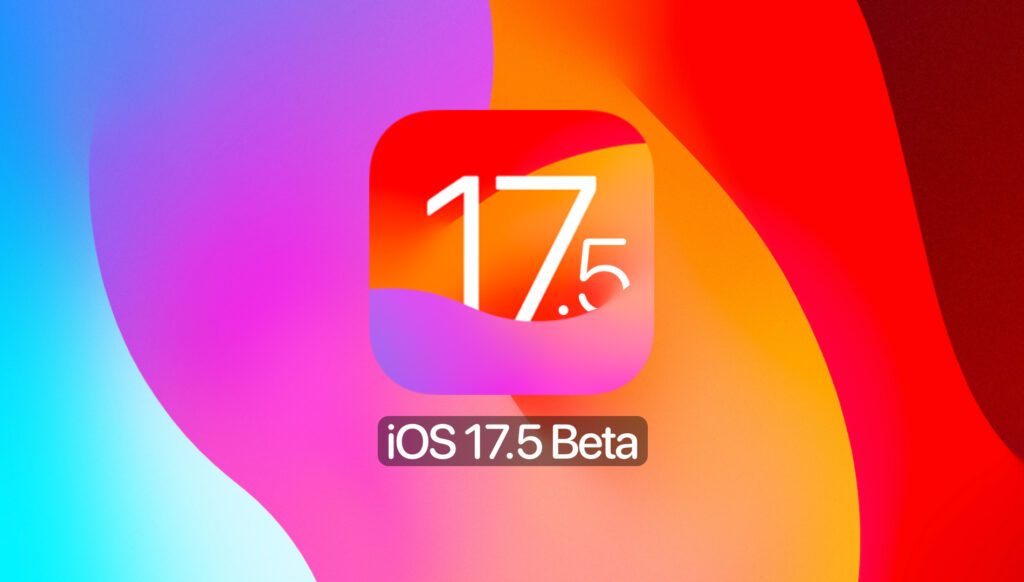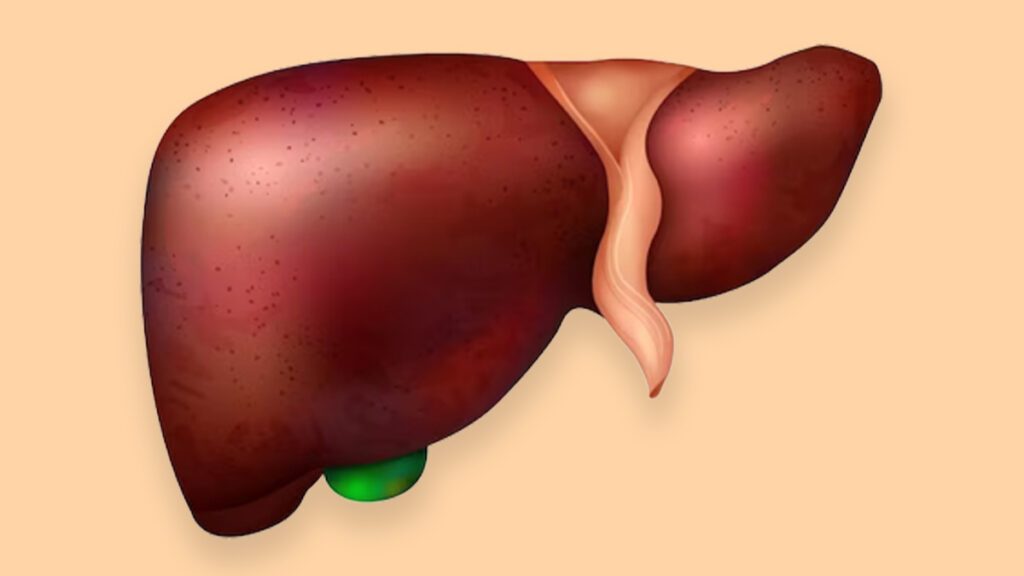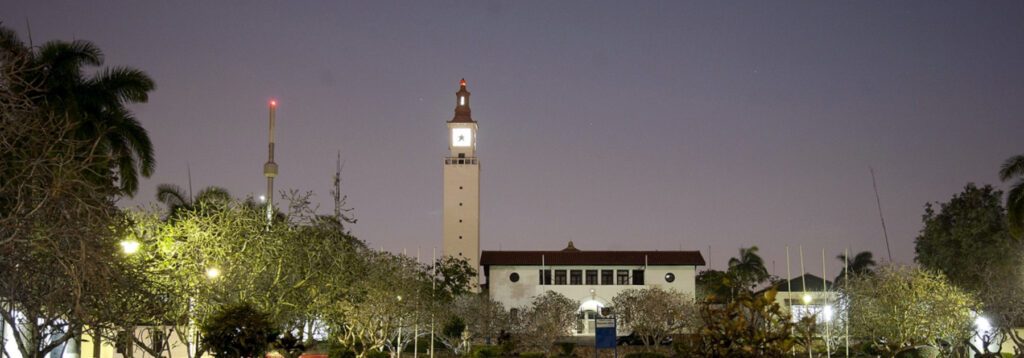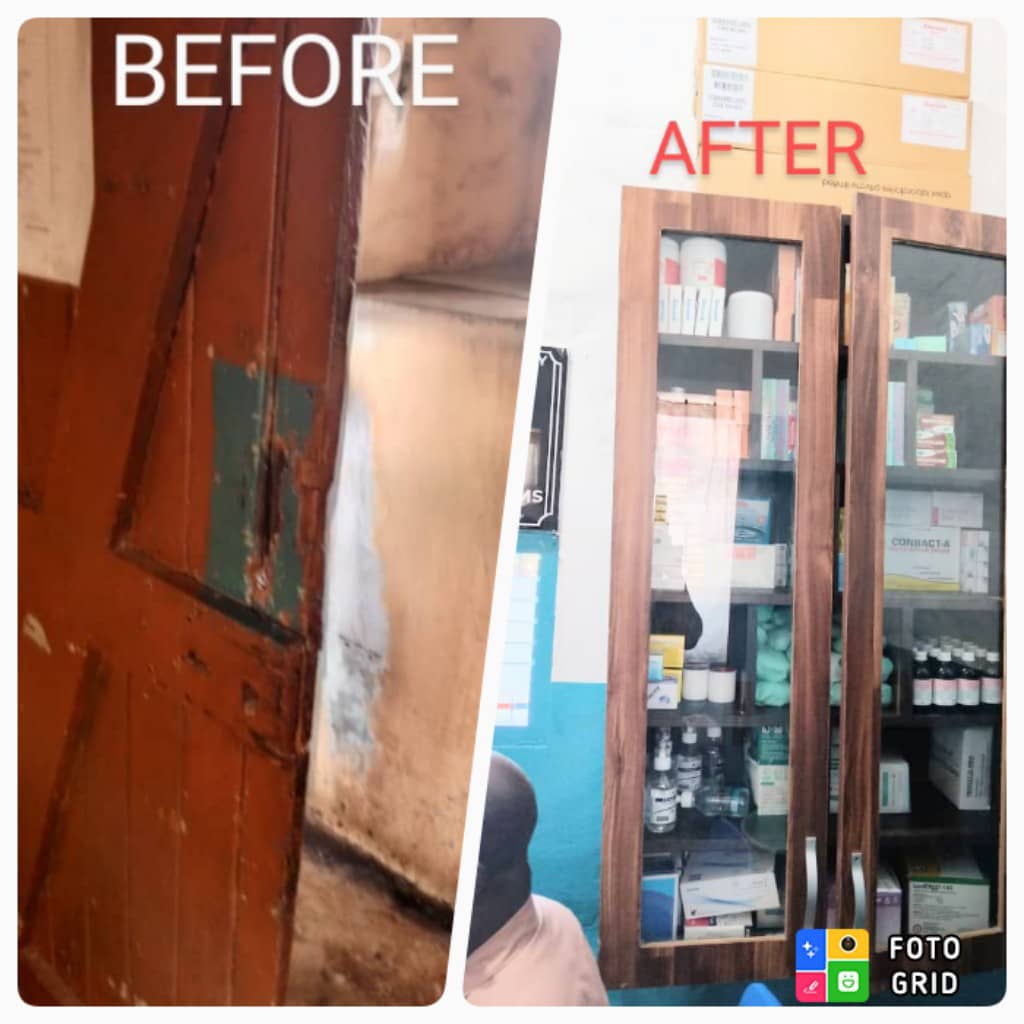Busy Internet’s Controversial Revival and Government Contract: An In-Depth Investigation

Busy Internet’s Controversial Revival and Government Contract: An In-Depth Investigation
Accra, Ghana – In 2018, Busy Internet, a struggling internet service provider, faced financial turmoil. The company competed against industry giants with little success, leading to plummeting revenues, mounting liabilities, and growing staff discontent.
Moreover, Busy Internet owed millions in unpaid taxes and social security contributions, pushing it to the brink of shutdown.
At this critical juncture, it was announced that Busy Internet had been acquired by Aguila Holdings. Shortly after, the staff were astonished and delighted to learn that Busy Internet had secured a major government contract to supply Wi-Fi services to secondary schools and offices of the Ghana Education Service nationwide.
This contract was a surprising win for Busy Internet, a company struggling with significant tax liabilities and arrears in social security contributions. Normally, these issues would disqualify a company from bidding for government contracts, as tax and Social Security and National Insurance Trust (SSNIT) clearance certificates are mandatory. Despite these clear ineligibilities, Busy Internet not only secured a multi-million government contract but did so through a sole-sourcing arrangement.
A former Busy Internet employee, who requested anonymity, confirmed, “During that time, we did not have a SSNIT clearance certificate nor a GRA tax clearance certificate,” highlighting the company’s inability to meet statutory requirements. Further investigations revealed that Busy Internet was not registered with the Public Procurement Authority (PPA) as a supplier, violating procurement rules.
The five-year contract, worth GHS84.4 million, was awarded without parliamentary approval, contrary to Ghana’s Public Financial Management Act. A former employee expressed initial optimism, stating, “We believed the MOE [Wi-Fi] contract would end Busy Internet’s woes. The company was sinking, and salaries were unpaid.”
Horpe Omotayo-Ojo, CEO of Aguila Holdings, assured staff their jobs were secure and that efforts would be made to pay off Busy Internet’s debts. However, these promises were not fulfilled, and many employees were laid off as the company began installing internet devices in schools across the country.
Despite its struggles, Busy Internet was favored over industry leaders like MTN and Surfline Ghana Limited. William Darkwa, Free Senior High School Coordinator, explained that these companies were hesitant to take on the project due to concerns about delayed government payments. Ironically, after securing the contract, Busy Internet outsourced the service provision to MTN Ghana and AirtelTigo.
Initially, the Wi-Fi system functioned, but soon many schools lost connectivity. By 2023, a survey of 50 schools revealed that 48 had been without internet for several months, with complaints to Busy Internet’s customer service going unresolved.
The initial project cost was GHS84.4 million, with a monthly recurrent cost of GHS6.4 million. Although the Ministry of Education’s records show payments of GHS56 million for intermittent services, a leaked report by the Economic and Organised Crime Office indicated that GHS63.7 million was paid between December 2019 and December 2022.
Further scrutiny revealed that the PPA approved a name change from Busy Internet to Lifted Logistics Ghana in May 2023, although Lifted Logistics was not a licensed internet service provider at the time. This raised questions about the legality and ethics of the contract transfer.
Lifted Logistics, led by Horpe Omotayo-Ojo, offers various technological solutions but did not obtain an ISP license until February 2024. Former employees raised concerns about the license transfer, which the National Communications Authority (NCA) confirmed had not occurred.
Procurement consultant Collins Agyemang Sarpong noted the irregularities, stating, “Subcontracting an internet project to a non-registered ISP is highly questionable. Proper due diligence must be conducted on subcontractors.”
Despite the dubious circumstances, the PPA approved an increase in the monthly service charge from GHS6.5 million to GHS11.5 million. The Fourth Estate’s attempts to get a response from the PPA about approving a contract for an unqualified company and doubling the costs went unanswered.



 English
English 
